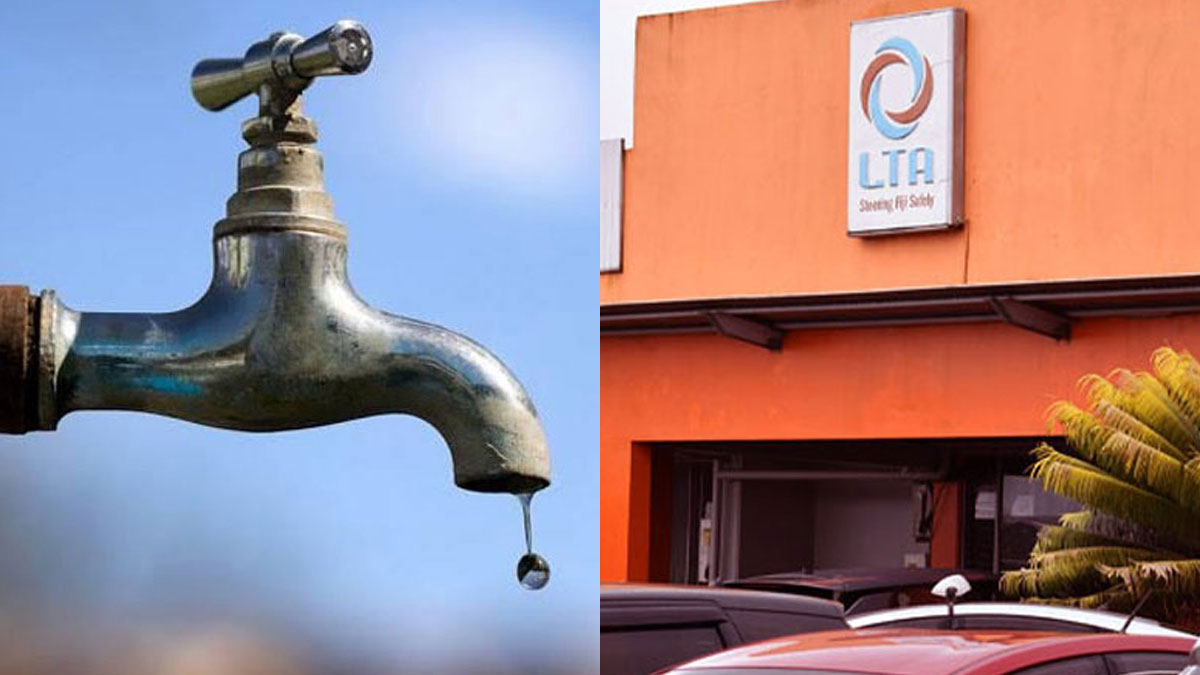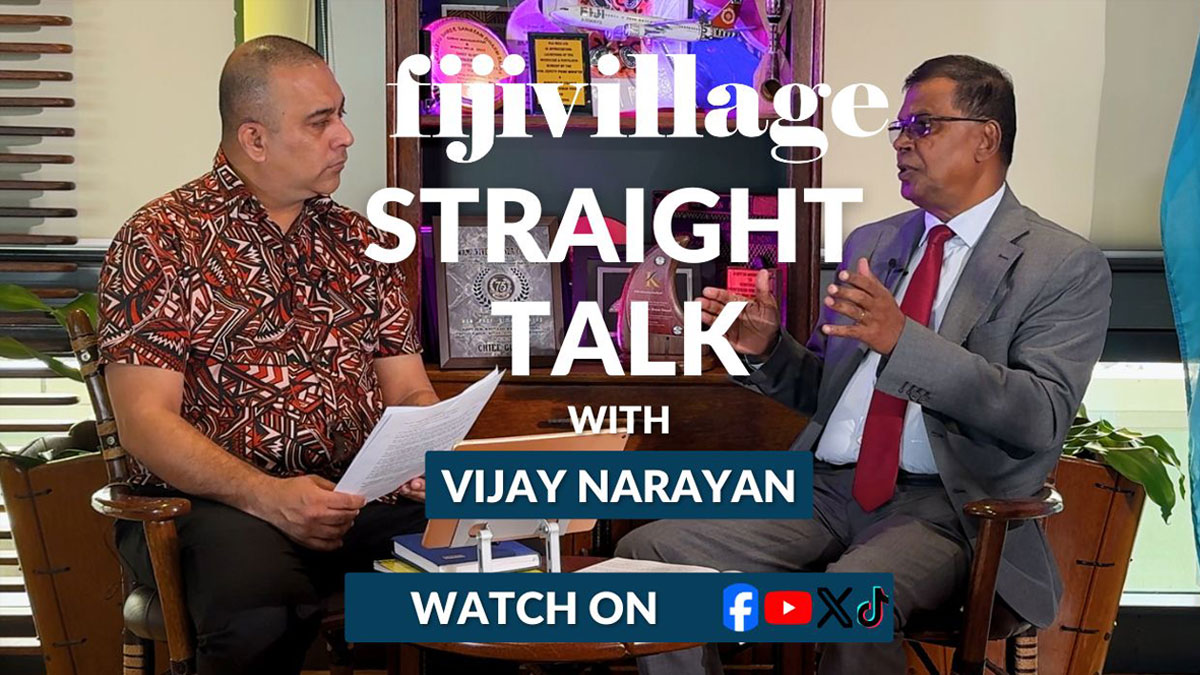
The government should immediately put together the necessary elements, including requesting FCCC review and rate-setting, for tariff restructuring and rates for water and wastewater and it should be possible to begin the progressive increase in tariff rates from 1st January 2024, to commercially sustainable levels.
This has been highlighted in the Fiscal Review Committee report that states that the government must move urgently and give priority to putting the Water Authority of Fiji onto a financially sustainable footing.
They say tariff-setting should also consider minimum connection charges, incentives for water conservation and continuation of support (free water or discounted rates) funded by the government, subvention payments so that these social subsidies are government’s responsibility, not WAF’s.
The report says it will be for government to monitor and determine ongoing eligibility of subsidized water recipients and as a matter of equity and efficiency, government should have a mechanism for this. It says it would seem obvious, as part of any such restructuring, that WAF would be allowed to retain all the revenue that it earned given that it will take some years to progress towards financial sustainability and will continue to need government support for operations and capital expenditure.
The report says even at full cost of recovery, WAF will need to retain all of its revenue to maintain its assets and develop the quality of its infrastructure, given the billions of dollars it requires to meet basic human development, environmental and reliability standards. In order to put WAF onto a financially sustainable footing, the report says the government should find the necessary funding to ensure that urgent capital expenditure is not delayed while WAF progresses to financial sustainability.
In their presentation to the Committee, WAF stated that their annual revenue is approximately $33 million while arrears of water rates exceed $33 million.
WAF says they cannot afford new plant and equipment, meaning it must hire it when needed which is expensive and inefficient and it has half the fleet of vehicles it needs for ordinary customer operations (150 compared with 350 for EFL) and cannot buy more.
They say WAF made submissions to the Fiji Competition and Consumer Commission in 2019 to implement a 10-year plan to bring water tariffs up to full cost recovery level but so far FCCC has not authorised WAF to allow it to increase pricing.
The report says FCCC was asked in its engagement with the Committee about the reasons for inaction on WAF’s proposal to increase its tariff to allow WAF to become more financially sustainable.
They say FCCC’s answer was that WAF was not yet in a position to submit detailed information which would allow FCCC to go through the necessary economic exercise to set the required tariff structure.
The report says the Committee was unimpressed by this response as it would surely be evident to FCCC, an economic regulator with a statutory responsibility to suppliers as well as consumers, that a retail rate of 15 cents per 1,000 litres was not economic and that an increase of this rate would not be unfair on consumers.
It says it would have been possible for an interim increase to have been granted to allow WAF to move onto a path of financial sustainability while more information was obtained on the economic case for tariff increases and a more detailed cost recovery plan agreed.
It says instead, WAF has had to continue, grossly underfunded, for four years because the regulator says “first give us all of the details”.
The report adds an unimaginative regulatory response from FCCC has accordingly been another factor in the current poor state of WAF’s finances and operations.
Meanwhile, the Land Transport Authority in their presentation to the Committee says they believe fines must be increased as they are not generally deterring poor driver behaviour, including speeding.
They say this would (incidentally) increase revenue.
They say a number of LTA’s fees for services including for vehicle inspections and PSV permits have not been increased for 20 years and are now heavily discounted compared to the cost of providing the service.
LTA in their presentation further says that budgetary and funding constraints, including the current round of “fiscal consolidation” have compromised a number of its core functions, particularly regulatory monitoring and enforcement where for example, the government no longer funds overtime payments for LTA personnel and as a result, LTA believes that overloaded trucks operate largely by night in the knowledge that they will not be subject to weighbridge inspections, with consequent damage to roads and risks to vehicle fitness.
According to the report LTA’s issues (which its own staff have identified) tend to reflect a pattern of poor cost recovery across many different departments and agencies of Government which could be addressed with more focused attention.
They say these are not always popular – many of LTA’s regulatory targets are voters and there is also political sensitivity to increasing charges on the bus industry given that the bus industry generally complains about increasing costs while its own regulated fare pricing structures are too low.
The report adds this raises the question of whether it is fair or economically transparent for an agency such as LTA, which incurs costs regulating transport activity, to be prevented from making full recovery of those costs – on the basis that the Government, if it wishes to subsidise these costs, can reimburse LTA to the extent of the subsidy.
Stay tuned for the latest news on our radio stations

